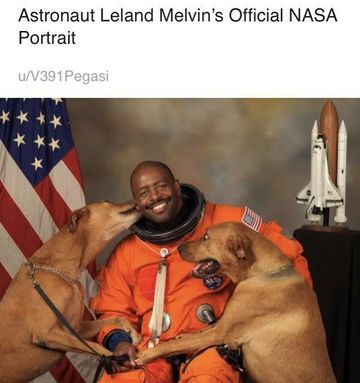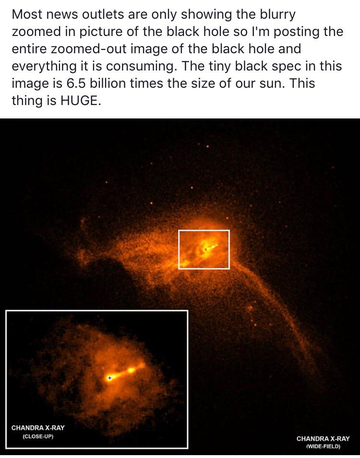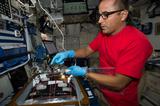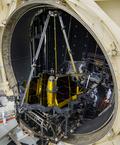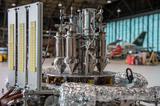Science stuff
News, curiosities, papers. Everything about science!
Forum
no forums yet
Posts (661) Newer postsMore posts
Planting 20 percent more trees in our megacities would double the benefits of urban forests, like pollution reduction, carbon sequestration and energy reduction. The authors of the study say city planners, residents and other stakeholders should start looking within cities for natural resources and conserve the nature in our urban areas by planting more trees.https://www.sciencedaily.com/releases/2018/01/180118162455.htm
New research not only implies a link between catastrophic volcanic eruptions and landslides, but also suggests that landslides are the trigger. At the heart of Tenerife and standing almost 4 km high, Teide is one of the largest volcanoes on Earth. Over a period of several hundred thousand years, the previous incarnations of Teide have undergone a repeated cycle of very large eruptions, collapse, and regrowth.https://www.sciencedaily.com/releases/2018/01/180118142905.htm
While some people have little anxiety about the Earth's changing climate, others are experiencing high levels of stress, and even depression, based on their perception of the threat of global climate change, researchers found. Psychological responses to climate change seem to vary based on what type of concern people show for the environment, with those highly concerned about the planet's animals and plants experiencing the most stress.https://www.sciencedaily.com/releases/2018/01/180117164010.htm
Ocean sediments are a massive storehouse for the potent greenhouse gas methane. But methane only acts as a greenhouse gas if and when it reaches the atmosphere. Environmental scientists recently set out to discover whether or not this ancient-sourced methane, which is released due to warming ocean waters, survives the journey from the seafloor and reaches the atmosphere.https://www.sciencedaily.com/releases/2018/01/180117164022.htm
Scientists have announced that they have built and tested a new biomaterial-based delivery system -- known as a hydrogel -- that will encase a desired cargo and dissolve to release its freight only when specific physiological conditions are met.https://www.sciencedaily.com/releases/2018/01/180115151621.htm
Researchers have made significant efficiency improvements to the technology used to generate solar fuels. This involves the direct conversion of energy from sunlight into a usable fuel (in this case, hydrogen). Using only earth-abundant materials, they developed the most efficient conversion method to date. The trick was to decouple the site where sunlight is captured from the site where the conversion reaction takes place.https://www.sciencedaily.com/releases/2018/01/180115121641.htm
A nanostructured gate dielectric may have addressed the most significant obstacle to expanding the use of organic semiconductors for thin-film transistors. The structure, composed of a fluoropolymer layer followed by a nanolaminate made from two metal oxide materials, serves as gate dielectric and protects the organic semiconductor - which had previously been vulnerable to damage from the ambient environment.https://www.sciencedaily.com/releases/2018/01/180112151223.htm
Water contaminated by the oil currently leaking into the ocean from the Sanchi tanker collision is likely to take at least three months to reach land, and if it does the Korean coast is the most likely location. However, the oil’s fate is highly uncertain, as it may burn, evaporate, or mix into the surface ocean and contaminate the environment for an extended duration.https://www.sciencedaily.com/releases/2018/01/180113093733.htm
Scientists have characterized a protein that enables certain microorganisms to recognize and absorb ammonium in their environment. Ammonium is considered a toxin that pollutes ecosystems - but for these bacteria it represents an important nutrient and energy source.https://www.sciencedaily.com/releases/2018/01/180113093731.htm
